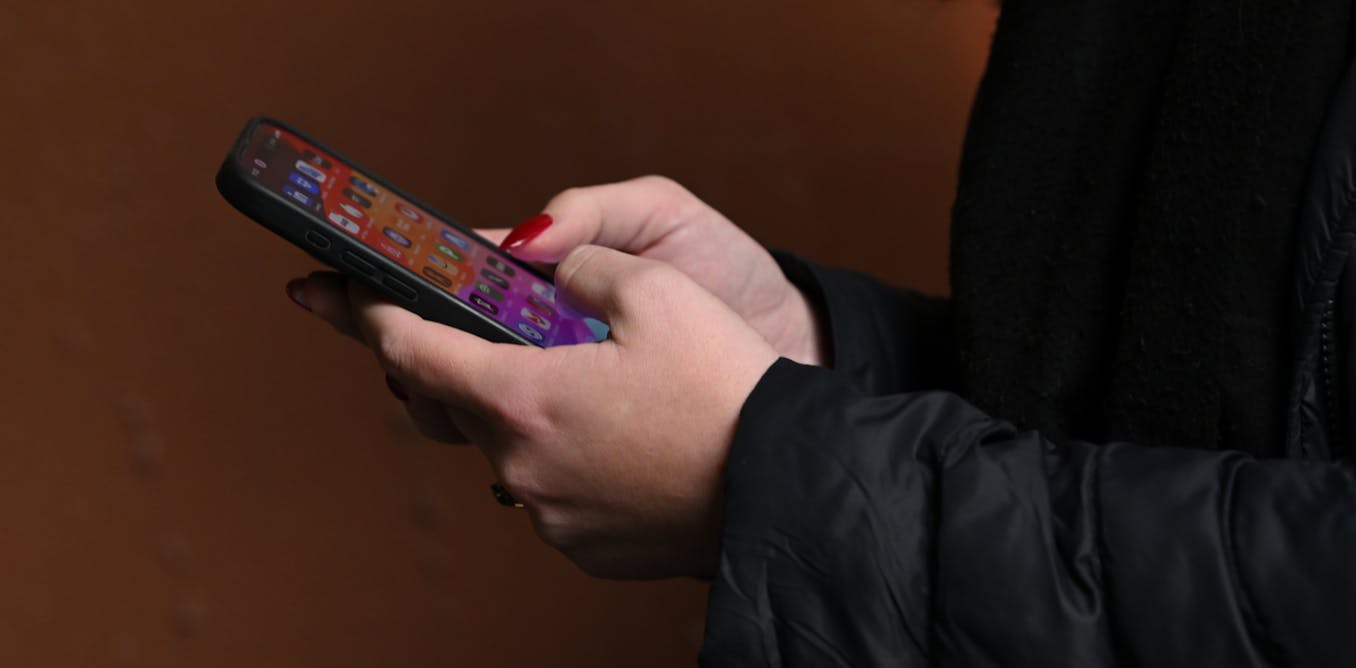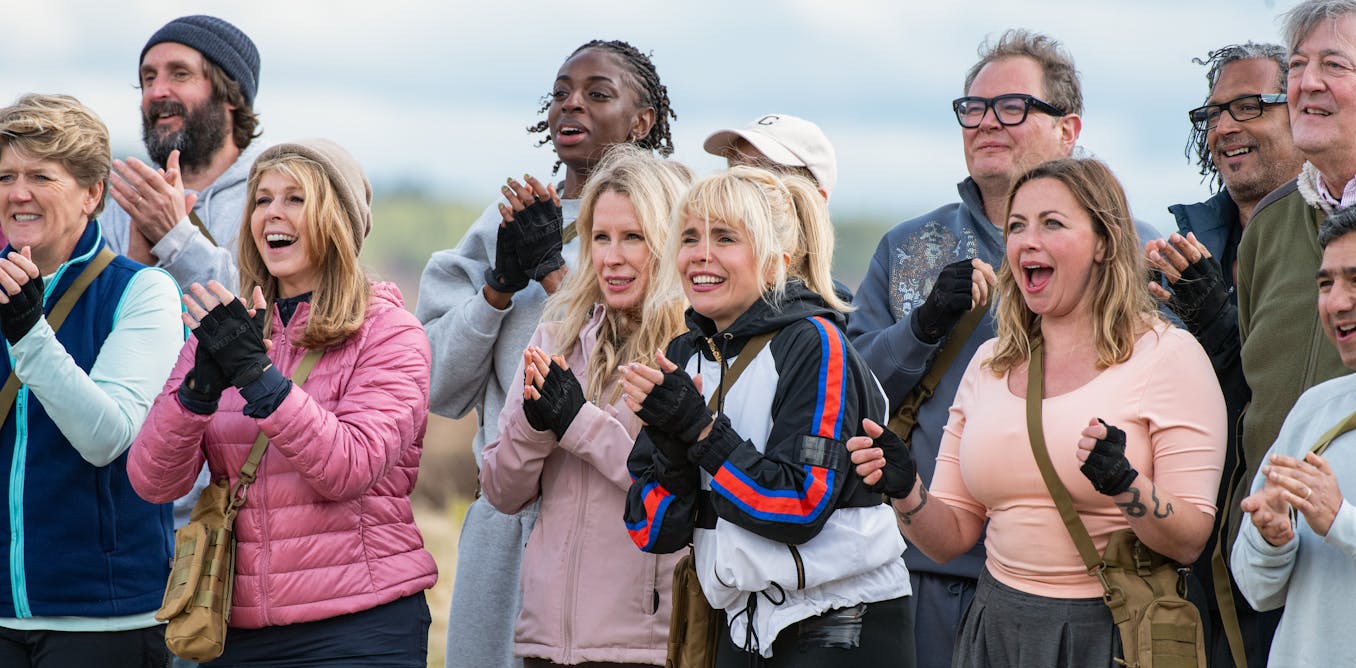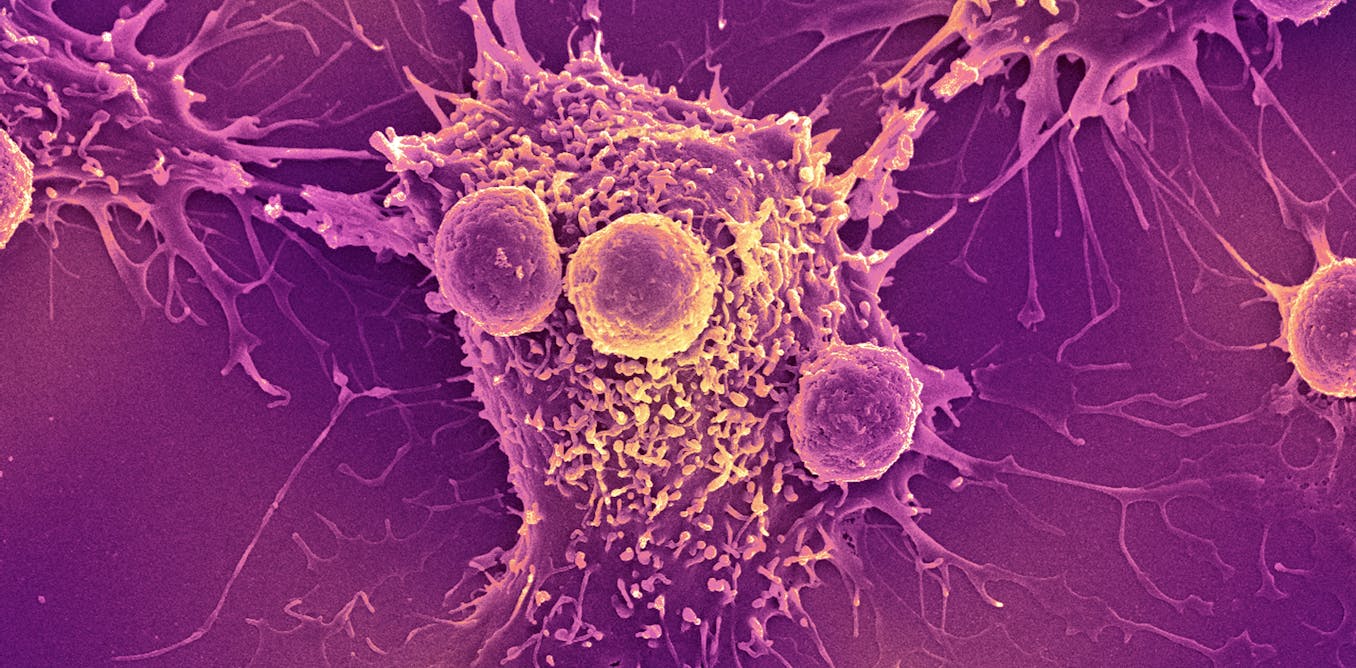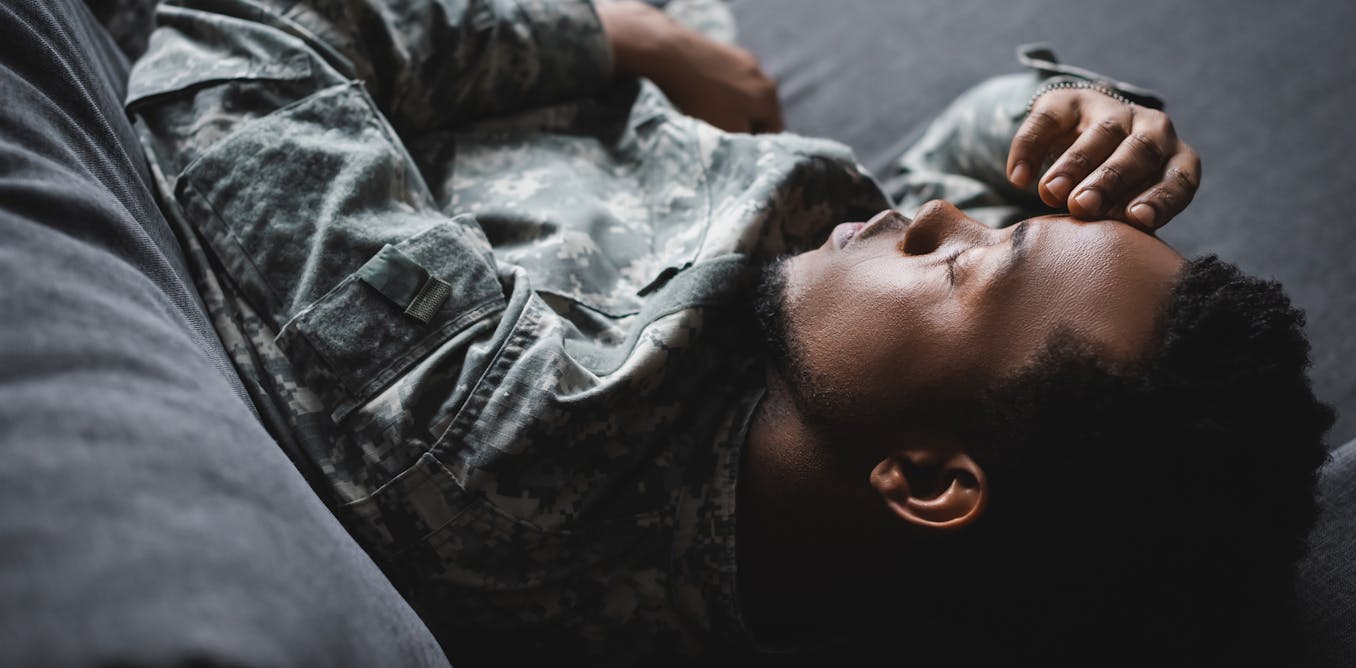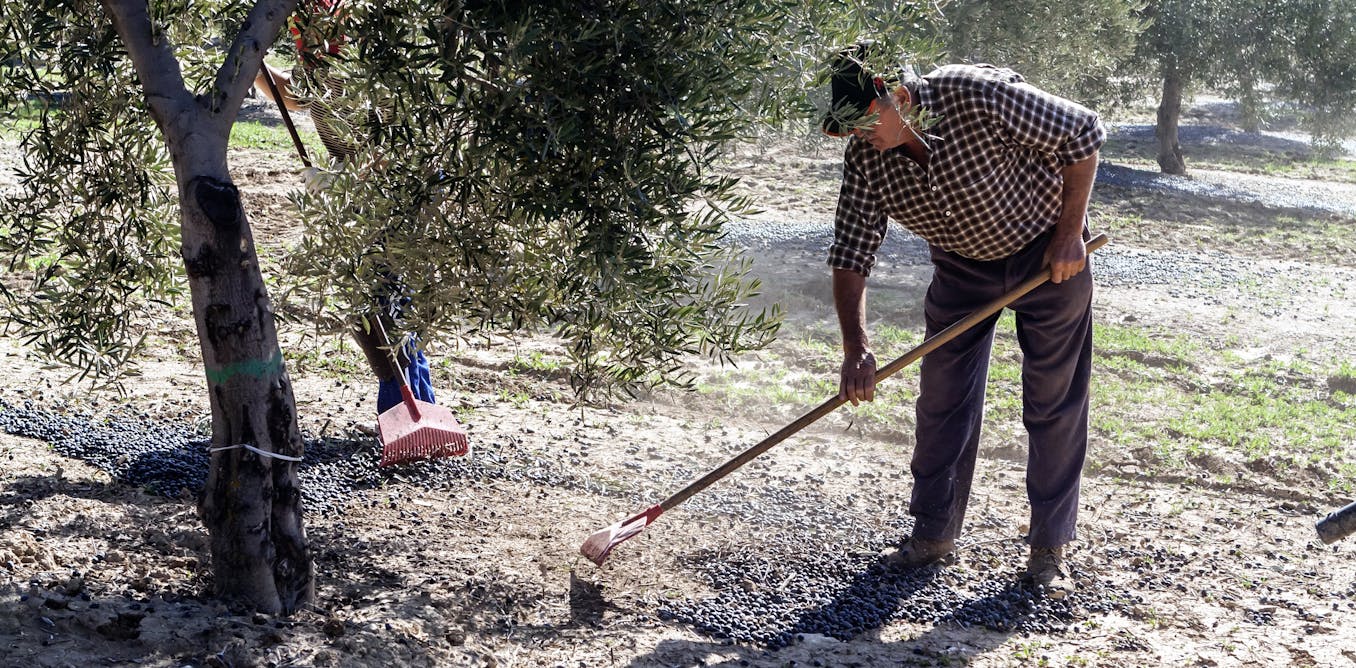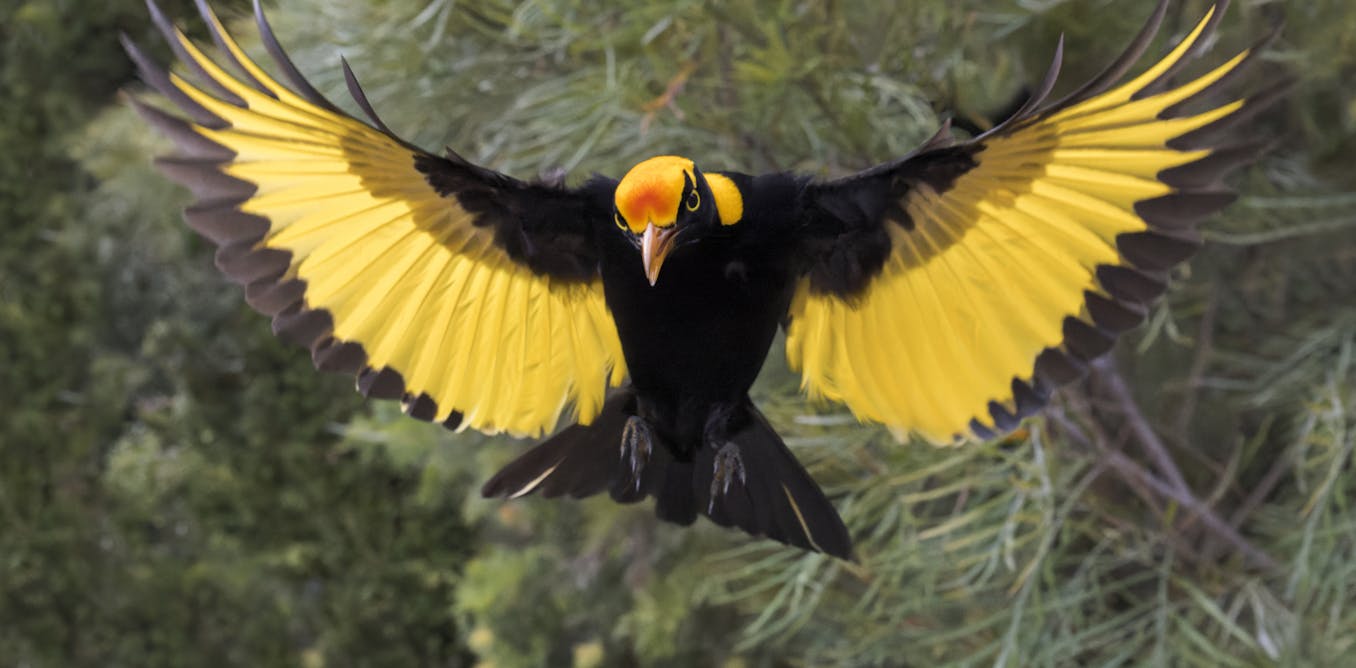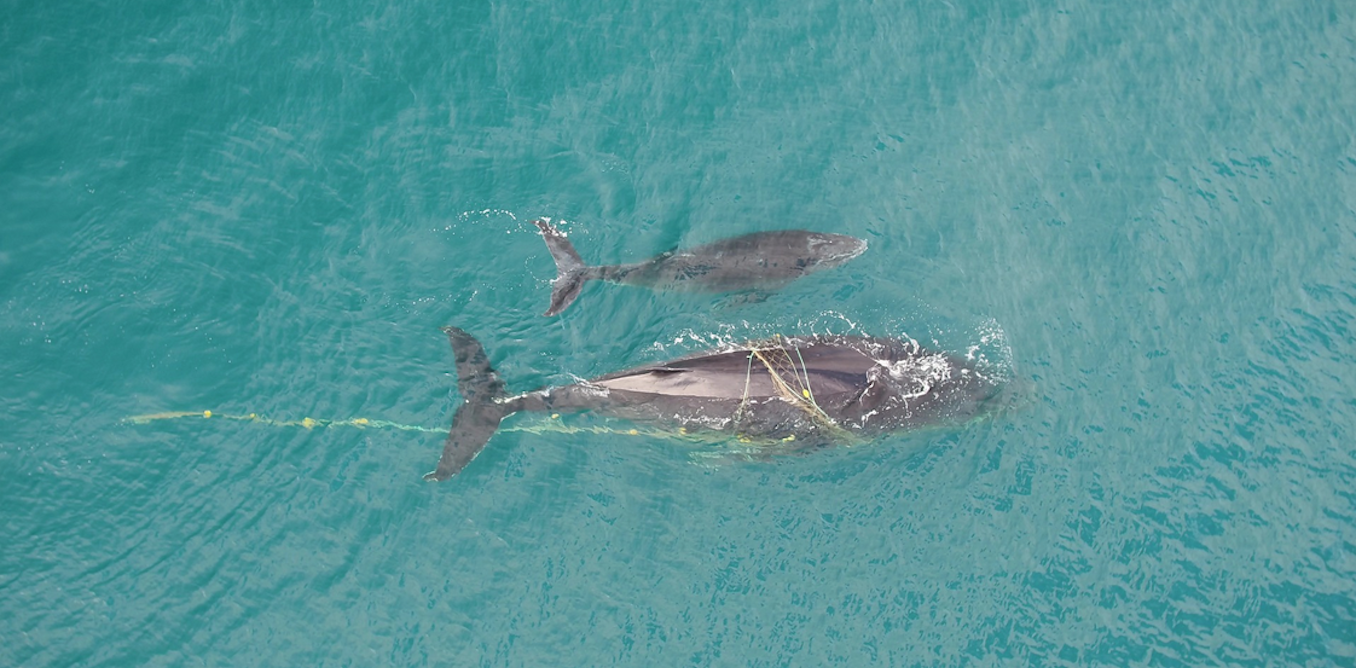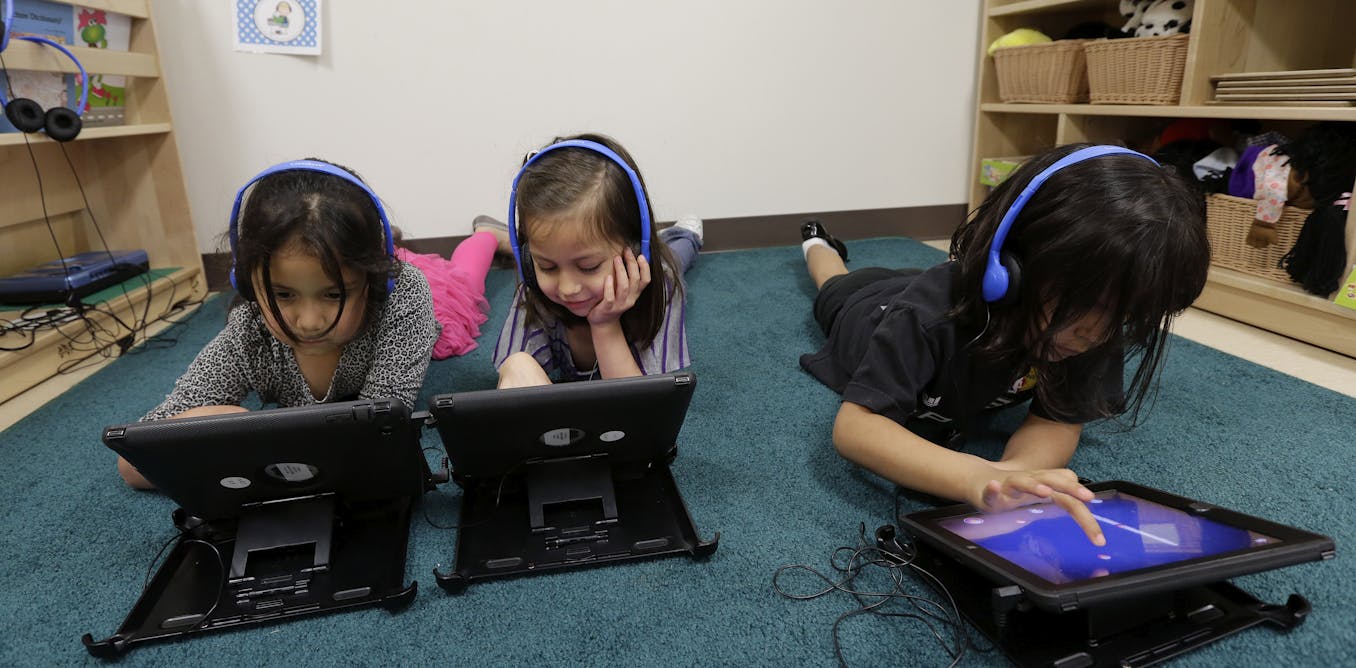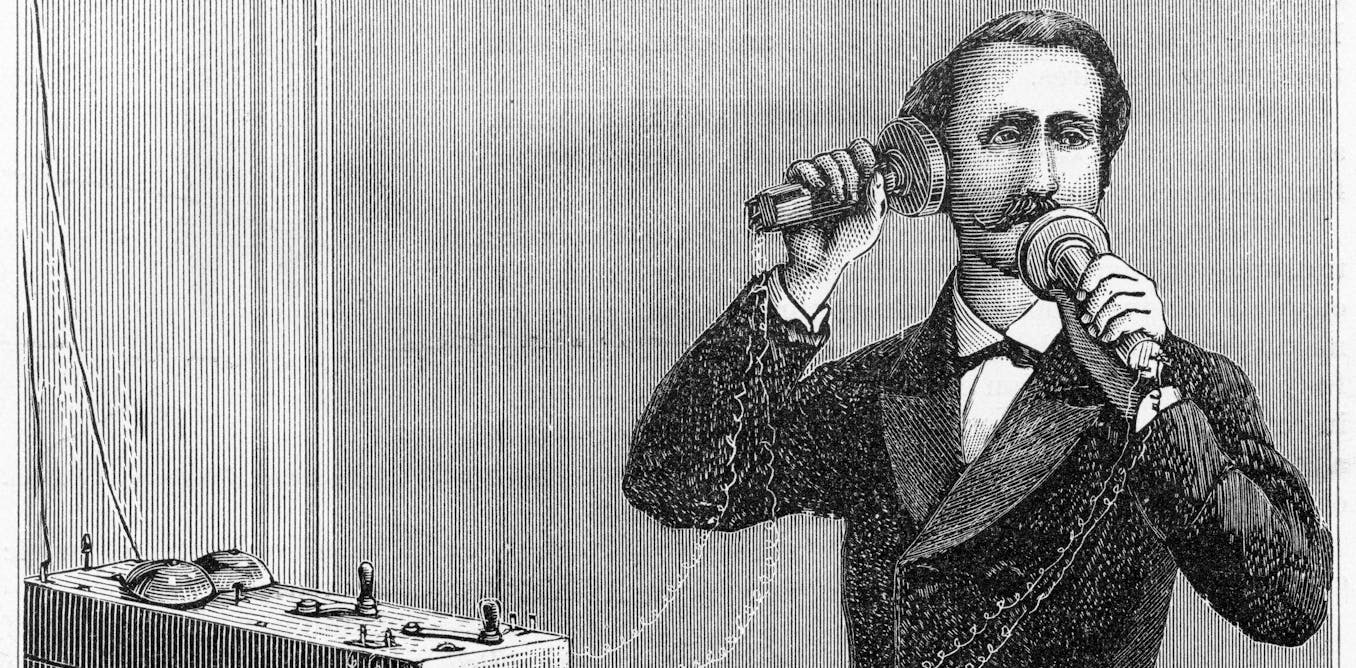Life’s an Obstacle Course — Here’s How To Navigate It | Maryam Banikarim | TED
Life’s an Obstacle Course — Here’s How To Navigate It | Maryam Banikarim| TED
In her TED talk entitled “Life’s an Obstacle Course — Here’s How To Navigate It,” Maryam Banikarim shares her personal experiences to illustrate how we can navigate life’s challenges and obstacles. Beginning with a story from her childhood during the Iranian Revolution, Banikarim paints a vivid picture of adversity and uncertainty. She then reflects on how she has continually faced significant obstacles throughout her life, from her father’s tragic death to her professional challenges.
Banikarim embraces the idea of life being an obstacle course, viewing challenges as tests that she is curious to pass. She emphasizes the importance of resilience and determination, sharing her personal journey of fitting in as an immigrant in the United States. She highlights the significance of joining different groups and taking on various roles in order to find success and belonging.
Throughout her career, Banikarim navigates the corporate world, overcoming setbacks and learning valuable lessons along the way. She admits that success isn’t always synonymous with belonging and shares a personal anecdote of being unexpectedly demoted despite delivering significant results.
Her poignant story takes a turn when she finds purpose during the COVID-19 pandemic, coming together with a community to uplift New York City. Through this experience, she realizes that her search for belonging led her to build a supportive community across various aspects of her life.
Ultimately, Banikarim encourages individuals to approach life’s obstacles with resilience, curiosity, and a willingness to build meaningful connections. Her journey serves as an inspiration for navigating challenges and finding belonging in an ever-changing world.
Watch the video by TED
It’s 1979, March, in Iran. I’m in Niavaran, an affluent neighborhood in the north of Tehran. I’m in my bedroom that night, that has Brady Bunch-style wallpaper, Archie comics and Barbies all over the floor. I’m doing my homework with Fidel, my little Yorkie by my side. We live in a Spanish hacienda-style house.
My grandparents, they live downstairs and we’re upstairs. Suddenly, the doorbell. My grandmother and her mom are in the kitchen sipping tea, and my grandpa is napping. “Open the gate!” I hear angry voices, so I run to the balcony and look over to find three armed guards standing at the gate.
One is jabbing at the door. “Jump the fence!” My five-foot-two grandmother, covered in head to toe with a chador, opens the gate. The men were looking for my father’s former boss. “He’s not here,” she says calmly. By this point, I’ve run downstairs, and I’m hiding in her doorway. So I can hear everything.
They start to move upstairs, and I run back to my room, where I should have been all along. And that’s where Maman finds me. I’m pretending to do my homework. She says stay put, but I’m too anxious and curious to listen.
So I pick up Fidel under my arm, and I follow her out. Suddenly, he squirms out of my arm, and he runs free into the room. The men, they’re disgusted. Some consider dogs, particularly Muslims, to be haram, unclean, and a token of westernisation. After the men leave,
I learn that the man they’d been looking for had been at our house just a few hours before. It’s not long after when my father and the other executives from the bank are rounded up and placed under house arrest. A few weeks later, they’re released without much explanation.
And then we learn that my father is going to be blacklisted. So he arranges for us to leave the country. We think it’s temporary, but it’s not. Now, that was not the only time in my life when the Earth would move dramatically beneath my feet.
It happened again when I was in college and my father drowned windsurfing. And then again years later, when my mother decided to move back to Iran. Through it all, there was really only two choices: roll up like a ball or compulsively move forward.
Cut to today, when we’ve all emerged from a global pandemic, and the hits, they just keep coming. Climate change, war, mass shootings, the political divide. It’s no wonder that we’re all feeling overwhelmed, anxious and lonely. And those feelings from my childhood, they’re back. So recently, a friend who knows me well pointed out
One of my coping mechanisms to me, and I want to share it with you in case it can help. Instead of seeing life’s challenges as an obstacle, I see them as an obstacle course: a fascinating array of tests that I’m curious to see if I can pass.
And the goal, it’s always to find a way to push through and find belonging wherever I land. Now back to the Iranian Revolution and the first major hurdle in my obstacle course. I end up finishing sixth grade in Paris. And when it becomes clear that the revolution is here to stay,
My parents decide that we’re going to move to California. They pick a bucolic suburb of San Francisco as our new hometown, and here they hope that we’re going to fit in and get a good education. In the scheme of things, we were the lucky ones.
I spoke English fluently thanks to my American school in Iran. My parents, who were westernized professionals, also spoke English, albeit they had a slight accent. We Americanized our names, a common immigrant rite of passage. Maryam becomes Mary, Giti becomes Kathy, Shabnam becomes Susie, and so on. But fit in, not so much.
“Did you ride a camel to school?” Another classmate nicknamed me “Khomeini.” It stung. But I pushed those hurt feelings aside, and I started tackling that obstacle course by joining. I joined everything, regardless of my level of knowledge or talent. Basketball. Softball. Bowling. Let me tell you, I was a really, really bad bowler.
Sometimes these things worked out, sometimes they didn’t. In junior high, I was mesmerized by the cheerleaders who were clearly at the top of the social hierarchy. When I got to high school, I auditioned, but I didn’t make it. Oh well, next year. So I audition again. And this year I make it.
By the time I’m a senior, I’m included in a lot of different groups. But my people, they were the brainy kids in AP government and on the school newspaper. Joining and doing and being undaunted by obstacles, this is an attitude I take with me to college.
During orientation week, I sign up for everything, every event and every club. When a senior says in passing, “You should run for class president,” I do, and I win. At Barnard College and in New York City, I find my voice because here, being a misfit, curious and determined to make your mark,
It’s the norm. Soon I take on a range of internships, and I’m throwing parties at downtown nightclubs. Because I’m looking for success and belonging in whatever system I find myself in. For my professional life, I begin the climb on the ladder at a Madison Avenue advertising agency, and over the last 25 years,
I’ve successfully navigated this obstacle course, as defined by accolades and titles, with major executive roles in media, hospitality and tech. But I still hadn’t really found what I was looking for. Because success I’d achieved, but it didn’t translate into belonging. And I’m going to tell you a story.
I got a lot where this one came from, just by way of example. It’s March 2007. I’m the chief marketing officer at a major media company, and we’re sold. The new CEO comes in, and he scraps the plans for our TV upfront.
He puts me in charge of a project that takes a year of planning, and I have six weeks to basically produce a one-day Broadway-like show for advertisers. The upfront, it is a major hit, and it makes him a hero. To thank me, he sends me a bouquet of flowers,
And then a few weeks later, when it was politically expedient, he demoted me. So here’s the thing. You can overdeliver on that obstacle course, and the Earth, it can move beneath your feet at any time. Because success doesn’t mean you’re not going to get thrown off the lifeboat.
And since I still hadn’t realized that belonging through work wasn’t going to be a thing necessarily for me, I just kept at it, determined to figure out this puzzle. One big job after the next. And then something happened. It was February of 2020. I was an executive at a tech company,
On the executive team, and the pandemic hit. I was in New York, and New York got hit with COVID early and hard, and by the summer people started saying, my city, New York, was dead. And my coping mechanisms, they kicked right in.
I joined forces with friends, and we started New York City Next: an all-volunteer organization to bring hope and joy back to New York City. In five weeks, we tackled a lot of hurdles, and we brought together 24 award-winning Broadway performers to sing “Sunday” from “Sunday in the Park with George.”
It blew up on social and got coverage around the world. And we reminded ourselves and the world that New York was very much alive. I remember that that day, as I stood in Times Square with the other volunteers, I was thinking to myself, “How did I, an immigrant girl, get here?”
Well, the answer is that in my search for belonging, I had built a community just across my different worlds. In joining and doing, prioritizing relationships over politics, I had built a community that I could now draw on, and together we produced 14 pop-up events
And a music video of Billy Joel’s “New York State of Mind.” It was a love letter that featured iconic New Yorkers across the five boroughs, and it celebrated the city’s creativity, diversity and energy. And you know what? It went on to win an Emmy. So in coming together to help, we found success.
But I also found belonging and community. My kids, Natasha and Nicky, they are quick to remind me that not all my coping mechanisms are for everyone or particularly healthy, like compartmentalizing my feelings. But treating obstacles as an obstacle course, that’s fared me well. As we emerge out of this collective trauma that’s COVID,
It is not surprising that feelings of non-belonging, loss and disconnection are at an all-time high. Those are feelings that were usually reserved for refugees and immigrants. But today, 68 percent of Americans are reporting feelings of non-belonging in the nation, 74 percent in their local communities.
And one in two reports feeling some form of loneliness. And here’s the thing. I know loneliness. It’s just an obstacle course. So I see a picture of neighbors gathered together for a shared meal on the street. It gives me an idea.
I post, “What if we gathered with the neighbors we’ve gotten to know and those we don’t know?” I end up meeting some neighbors, and we hack together what we called The Longest Table: a table event down West 21st Street in Chelsea, New York. The proposition was simple: we’d bring the tables and chairs,
And we invited neighbors to bring friends and food. The first year, 500 neighbors showed up. The second year, over 700. In coming together, we were successful, but we all found community, belonging and, in fact, joy. Now things can feel big and overwhelming. But when that Earth moves beneath your feet,
Remember: it’s not an obstacle, it’s just an obstacle course. Thank you.
About TED
The TED Talks channel features the best talks and performances from the TED Conference, where the world’s leading thinkers and doers give the talk of their lives in 18 minutes (or less). Look for talks on Technology, Entertainment and Design — plus science, business, global issues, the arts and more. You’re welcome to link to or embed these videos, forward them to others and share these ideas with people you know.
Video “Life’s an Obstacle Course — Here’s How To Navigate It | Maryam Banikarim | TED” was uploaded on 02/13/2024 to Youtube Channel TED


